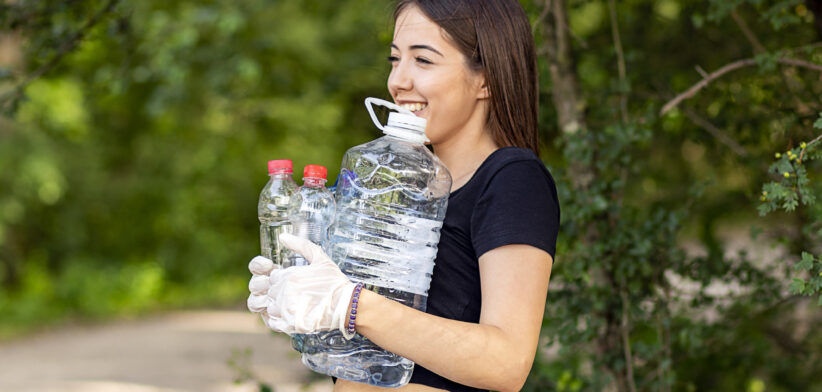Consumers are being stifled in their desire to recycle by confusing options and inadequate information on what can be recycled.
Dr Bhavna Middha, from the RMIT Centre for Urban Research, said the research pointed to consumers generally wanting to do the right thing by the environment.
“(However) It is difficult for individuals to avoid plastics and recycle them when the messaging isn’t clear and it doesn’t fit into their everyday routines,” she said.
“How many times have you stood over a recycling bin, wondering where the pizza box should go, ultimately ‘wishcycling’ it into the recycling bin, perhaps contaminating the bin?”
Dr Middha said coming out of a supermarket with no plastic or packaging was difficult.
“There are few unpackaged food items and even when there is a choice, the unpackaged item may be more expensive,” she said.
“How can consumers be expected to choose – or even distinguish – between essential and non-essential food packaging, when it comes to freshness, hygiene and longer shelf life versus less plastic use?
“How can consumers be expected to reduce plastic and packaging waste while reducing food waste? Should they buy the large head of cabbage they won’t use, or the plastic packaged half cabbage they actually need?”
Dr Middha said the onus for recycling was currently on the individual instead of relying on clear guidelines and infrastructure to support the right behaviour.
“Even large companies who have pledged reductions either find it difficult or don’t keep up to their promise, as we’ve seen with Amazon, which has been unable to reduce its use of plastics and packaging in jurisdictions that don’t have strict regulations for industry.” she said in a statement released this week.
“Each jurisdiction has its own list of materials that can or cannot be recycled, including where it can be recycled (for example, kerbside vs recycling depots). Moving houses means relearning the rules all over again.
“Some new recycling streams, such as glass bins in some jurisdictions, conflict with the newly introduced Container Deposit Scheme (CDS), which is a clean stream of recycling for glass and plastics but does not encourage reuse.”








